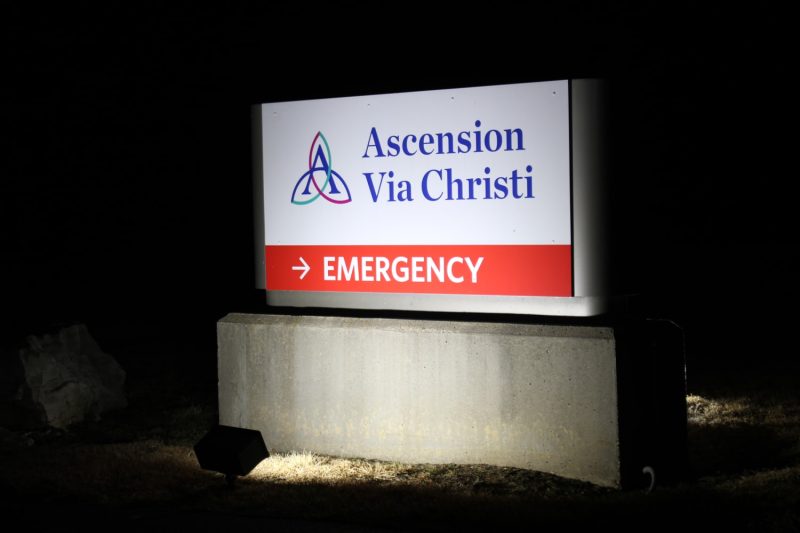Ascension Health, the largest Catholic hospital chain in the U.S., has recently faced a significant setback in the form of a cyberattack that disrupted patient care operations. This incident sheds light on the growing threat of cyberattacks targeting healthcare institutions and the critical need for robust cybersecurity measures to safeguard sensitive patient data and ensure uninterrupted delivery of healthcare services.
The cyberattack on Ascension Health raised concerns about the vulnerability of healthcare organizations to malicious cyber threats. With the increasing digitization of medical records and the adoption of interconnected systems, healthcare providers have become prime targets for cybercriminals seeking to exploit weaknesses in their security infrastructure. The disruption caused by the cyberattack not only impacted patient care but also highlighted the potential risks associated with such incidents, including data breaches, financial losses, and damage to the organization’s reputation.
In response to the cyberattack, Ascension Health took swift action to contain the breach and restore its operations. The incident underscores the importance of having effective incident response plans in place to mitigate the impact of cyber incidents and minimize disruptions to critical services. By proactively identifying and addressing cybersecurity risks, healthcare organizations can strengthen their resilience to cyber threats and safeguard the integrity of patient information.
One key takeaway from the cyberattack on Ascension Health is the need for ongoing investment in cybersecurity resources and capabilities. As cyber threats continue to evolve and become more sophisticated, healthcare providers must prioritize cybersecurity as a fundamental component of their overall risk management strategy. By investing in advanced cybersecurity technologies, conducting regular security assessments, and implementing robust security controls, healthcare organizations can better protect their systems and data assets from cyber threats.
Furthermore, collaboration and information sharing within the healthcare industry are crucial for enhancing cybersecurity preparedness and response capabilities. By sharing threat intelligence, best practices, and lessons learned from cyber incidents, healthcare providers can collectively strengthen their defenses against cyber threats and reduce the risk of future attacks. Building a culture of cybersecurity awareness and promoting a collaborative approach to cybersecurity can help the healthcare industry as a whole better protect patient data and ensure the continuity of care in the face of evolving cyber threats.
In conclusion, the cyberattack on Ascension Health serves as a stark reminder of the urgent need for healthcare organizations to bolster their cybersecurity defenses and resilience against cyber threats. By investing in advanced cybersecurity measures, implementing effective incident response plans, and fostering a culture of collaboration and information sharing, healthcare providers can enhance their cybersecurity posture and protect the sanctity of patient care. As the healthcare industry continues to digitize and expand its digital footprint, proactive cybersecurity measures are essential to safeguard patient information and maintain the trust and integrity of healthcare services.



























